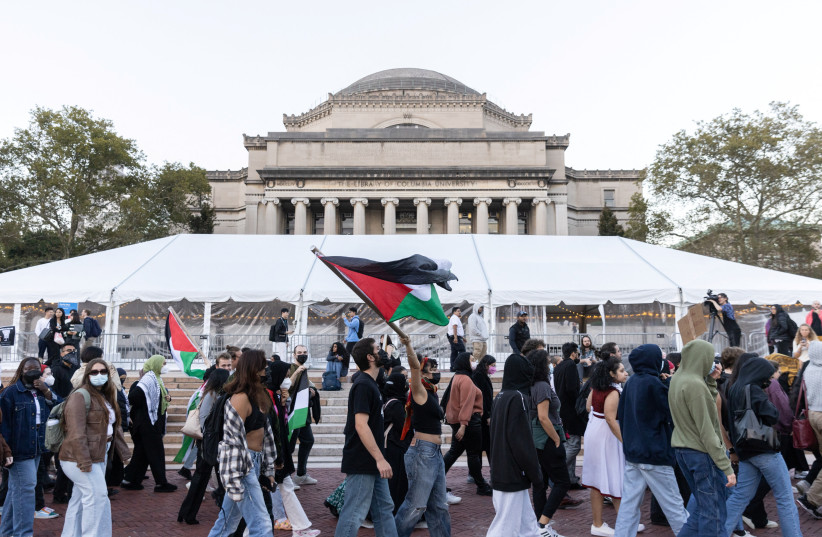This Thursday, November 30, Israel will commemorate the mass displacement of Jews from Arab lands during the mid-20th century.
During the period leading up to, during, and after Israel’s founding in 1948, some 850,000 Jewish people either fled or were forcibly expelled from countries that Jews had lived in for hundreds or even thousands of years, never to return.
My own family’s history is part of this narrative. They thrived in Egypt for generations until Gamal Nasser’s policies took a virulently antisemitic stance. When he came into power, Jews were jailed, their properties confiscated, and their lives threatened.
Many fled, leaving behind homes, businesses, and virtually all of their belongings to whatever country would take them. My family sought refuge in America, where they found safety and the opportunity to rebuild their lives.
These events served as a stark reminder of the perennial dangers of antisemitism and the importance of a Jewish homeland. But in addition, they revealed another dark truth: that when Israel is a target of hatred, Jews all over the world are also targeted.
Despite hearing these stories growing up, until recently, I didn’t quite believe that these warnings were meant for me. Since emigrating, my parents – and now my family and I – have been blessed to live in a country where our Jewishness and our support for a Jewish state was not something we felt we had to be anxious about.
The rise of hatred
Recently, however, I am starting to wonder. We all have seen the ripping down of posters of kidnapped Israeli babies and children, shrines made to Hamas terrorists, and many other disturbing anti-Israel protests. Why does this faraway conflict engender such hatred?

After 9/11 there were no mass rallies supporting al-Qaeda’s right to resist American imperialism. College campuses didn’t explode with rage even during the unpopular war against Iraq. What makes this conflict different from all other conflicts? Deep down, many of us in the American Jewish community feel like we know the answer: it’s because Israel is Jewish and, somehow, the involvement of Jews turns a regional conflict into a source of global fascination and rage.
This is why I am thinking about my parents and grandparents. In the end, their fate and those of their pro-Israeli brethren were inextricably linked; Israel’s enemies were their enemies.
Whether we like it or not, the same is true today. While, thankfully, we still feel safe in this country, these recent events serve as a stark reminder that many do not distinguish between the Jewish state and the Jewish people.
No one should feel alone or afraid because of their Jewish identity in the 21st century, but unfortunately our nation is once again confronted with a growing sense of collective blame and hatred. Is it time to start thinking about yet another exodus?
The writer is a mother of four, who lives in Silver Spring, Maryland, and continues to advocate for the importance of including the history of Sephardic Jewry in Jewish day schools when teaching children the history of Jewish persecution.
